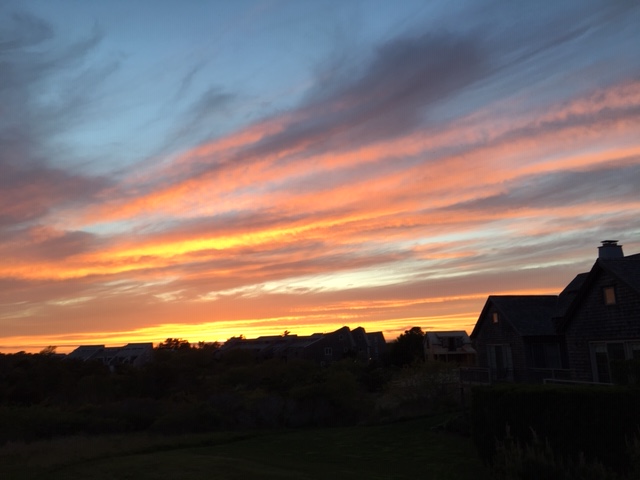
Consider the wisdom of those who fought before us. When a reporter once asked the beloved Martin Luther King Jr. why he believed non-violent civil disobedience could actually defeat segregation, he said “Because you can’t fight fire with fire, you have to fight fire with water.” The mantra of the valiant Mother Teresa was “You cannot do great things. You can only do small things with great love.”
The profoundly influential Mahatma Gandhi who said, “In a gentle way you can shake the world” also said, “If I have the belief that I can do it, I shall surely acquire the capacity to do it even if I may not have it at the beginning.” The dear departed US Supreme Court Justice Ruth Bader Ginsburg reminded us to “Fight for the things that you care about but do it in a way that will lead others to join you” while cautioning “Real change, enduring change, happens one step at a time.”
The pioneering anthropologist Margaret Mead said, “Never doubt that a small group of thoughtful, committed citizens can change the world; indeed, it’s the only thing that ever has.” And the groundbreaking political activist Rev. Jesse Jackson created a clarion call to “Keep hope alive!” Collectively, these and other thought leaders have shaped my guiding concept of “Connectedness.”
Connectedness is a philosophy and practice I’ve espoused throughout my 50-year career generating intergenerational, multi-sector, cross-border alliances. With my company, beCause Global Consulting, and its sister non-profit, Global Citizens Circle, I’ve worked with senior executives, heads of state, and other leaders and organizations on clarifying their goals and tackling obstacles to achieve them by formulating and bolstering foundations for values, trust, ethics, sustainability and diversity, as well as instituting governance structures to achieve these and other goals.
Connectedness is belief in the power, importance and result of unity, empathy, fairness, and the acceptance of human differences. It requires the capacity to examine and expand one’s sense of identity, and the readiness to do one’s own small part in being socially or politically active about something – with a group large or small, local, national, or international. It’s a way of viewing life and the world. It’s believing that all living creatures and the planet itself, very much a living thing, are connected in a fundamental way, literally through our shared DNA – not necessarily in a religious sense or hippie-dippy-kumbaya idealism, but in an actual, factual, physical, emotional, and systematic way.
I’m currently writing a book on Connectedness with a foreword by a true Master of Connectedness, Nobel Peace Prize Laureate Archbishop Emeritus Desmond Tutu. His every action is guided by the South African concept of Ubuntu, “A person is a person through other people” and “I am because you are.”






